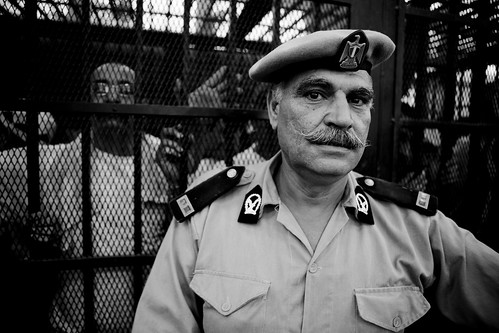Protesters in Tanta Court, calling for the release of the Mahalla prisoners.
Tag: mahalla
Amnesty: No justice for the Mahalla 49 facing trial before emergency court
The Mahalla 49 trial resumes today. Amnesty International came out with a strong solidarity statement.


